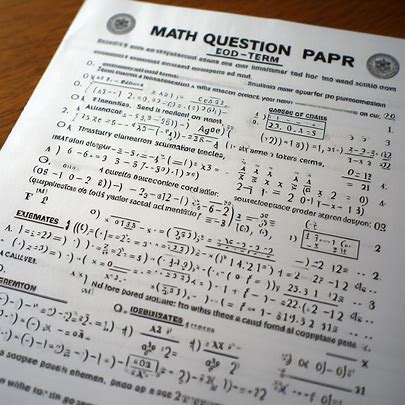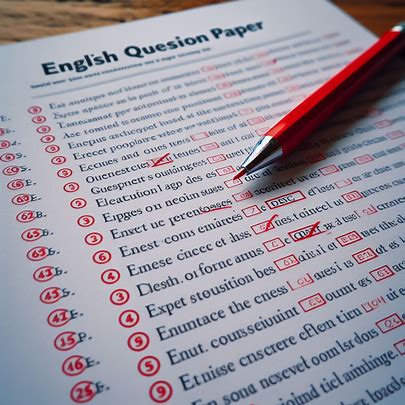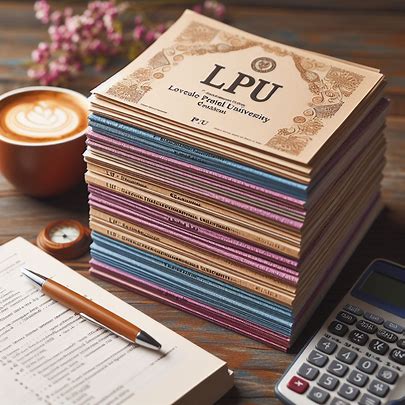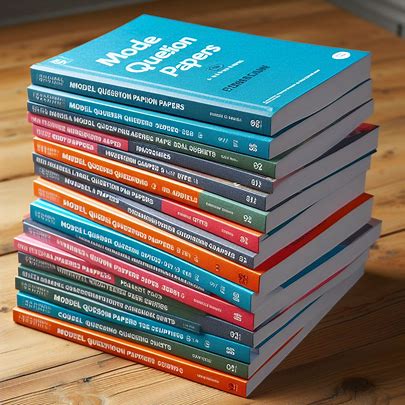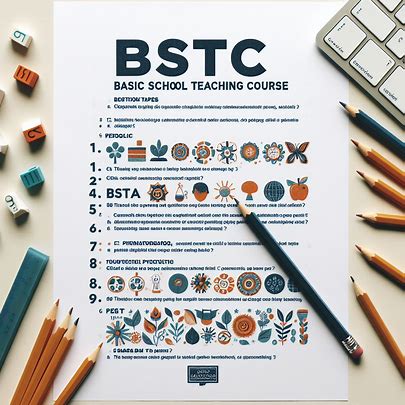CBSE Previous Year Question Papers for Class 10: Insights and FAQs
Table of contents
- CBSE Previous Year Question Papers for Class 10: Insights and FAQs
- Introduction
- Why are PYQs Important for CBSE Class 10 Exams?
- How to Utilize CBSE Class 10 PYQs Effectively
- Why Solve CBSE Class 10 Previous Year Question Papers?
- CBSE Class 10 Previous Year Question Papers Organized by Subject
- Download CBSE Question Paper 1 – Click here
- Download CBSE Question Paper 2 – Click here
- Additional Tips for Utilizing PYQs
- In Conclusion
- Frequently Asked Questions (FAQs)
Introduction
As a Class 10 student preparing for your CBSE board exams, you might wonder how to enhance your exam readiness. One effective strategy is to solve cbse previous year question papers class 10(PYQs). we’ll explore the significance of practicing PYQs, provide direct links to subject-wise question papers, and answer common queries related to CBSE Class 10 exams.
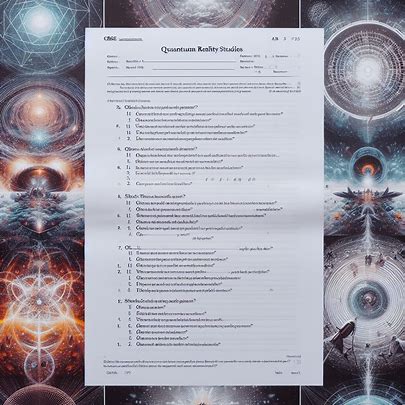
Why are PYQs Important for CBSE Class 10 Exams?
PYQs are goldmines of valuable information for your exam preparation.
- Understanding Exam Pattern: Familiarize yourself with the question format, marking scheme, and weightage of different sections.
- Identifying Important Topics: PYQs highlight frequently tested topics and recurring themes. Focus your studies on these areas to maximize your score.
- Practicing Answering Techniques: Exposure to diverse question types allows you to develop effective answering strategies and time management skills.
- Building Confidence: Successfully solving PYQs boosts your confidence and reduces exam anxiety.
How to Utilize CBSE Class 10 PYQs Effectively
- Gather Resources: Start by collecting PYQs from the official CBSE website (https://www.cbse.gov.in/cbsenew/question-paper.html) or reliable educational websites.
- Subject-wise Practice: Dedicate time to solve PYQs for each subject. Simulate exam conditions by setting a timer and attempting the paper in one sitting.
- Evaluation and Analysis: After attempting a PYQ, meticulously review your answers. Compare them with the marking scheme and identify areas for improvement.
- Focus on Weaknesses: Did a particular question type trip you up? Revisit your textbooks, class notes, or seek help from teachers to solidify your understanding.
- Discuss with Peers: Form a study group and discuss PYQs together. This fosters healthy competition, clarifies doubts, and strengthens your overall preparation.
Why Solve CBSE Class 10 Previous Year Question Papers?
- Familiarity with Exam Pattern:
- PYQs give you insights into the exam pattern, marking scheme, and question types.
- You’ll become familiar with the distribution of marks across different topics.
- Time Management Practice:
- Solving PYQs helps you manage time effectively during the actual exam.
- Concept Reinforcement:
- By solving PYQs, you reinforce your understanding of concepts.
- Identify areas where you need more practice.
- Boost Confidence:
- Scoring well in PYQs boosts your confidence for the board exams.
- You’ll feel more prepared and less anxious.
CBSE Class 10 Previous Year Question Papers Organized by Subject
- Mathematics:
- Science (Physics, Chemistry, Biology):
- Social Science:
- English:
- Hindi:
Download CBSE Question Paper 1 – Click here
Download CBSE Question Paper 2 – Click here
Additional Tips for Utilizing PYQs
- Start Early: Don’t wait until the last minute. Integrate PYQs into your study plan throughout the year for a well-rounded understanding.
- Practice Different Year Papers: Don’t just solve the most recent PYQ. Go a few years back to gain exposure to a wider range of questions.
- Focus on Recent Trends: Analyze recent PYQs to identify any changes in the exam pattern or weightage of topics.
- Maintain a Positive Attitude: Don’t get discouraged by initial difficulties. Use PYQs as a learning tool to steadily improve your grasp of concepts.
In Conclusion
Previous year question papers are invaluable assets in your CBSE Class 10 exam preparation arsenal. By strategically utilizing PYQs, you gain valuable insights into the exam format, identify key concepts, boost your confidence, and refine your time management skills. Remember, consistent practice and a focused approach are key to unlocking your full potential. So, grab those PYQs, get down to business, and conquer those Class 10 exams!
Frequently Asked Questions (FAQs)
Q1. Is it advisable to do selective study for CBSE Class 10 exams?
A: It is not advisable to do selective study. The Board has prescribed a syllabus for every subject. Study thoroughly from the entire syllabus to understand concepts and score well.
Q2. Can I use whitener in board exams? What about gel pens?
A: Whitener is not permitted. Feel free to utilize blue or royal blue gel ink pens.
Q3. Are extra sheets provided in exams for writing answers?
A: Yes, you will receive extra sheets for writing answers.
Q4. Should answers be written in one’s own language?
A: Answers should correctly address what is asked in the question, following the word limit and instructions given.
Q5. Can a student appear for improvement exams in only one subject?
A: Yes, candidates can choose to take improvement exams in one or more subjects.
Q6: Are PYQs the only resource I need for preparation?
A: While PYQs are immensely valuable, they shouldn’t be your sole focus. Combine them with a strong foundation in your textbooks, class notes, and practice questions from your reference books.
Q7: How many PYQs should I solve?
A: Aim to solve at least 5-10 years’ worth of question papers for each subject.
Q8: What if I get stuck on a question while solving PYQs?
A: Don’t be discouraged! Take a break, revisit relevant concepts, and consult your teachers or classmates for guidance. Analyzing challenging questions can be an enriching learning experience.
Q9: Should I memorize PYQ answers?
A: Memorization isn’t the key. Focus on understanding the underlying concepts and logic behind the questions. This will equip you to tackle even unseen questions effectively.



